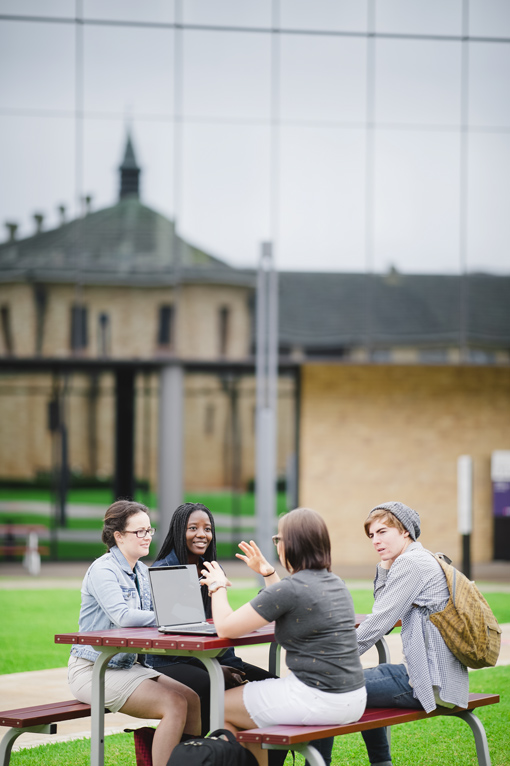After schooldays it seems very understandable that young people are intensely questioning – and often rebelling against – things accepted, or imposed, at home, school – and Church. Youth should be filled with passion and with questions. Smart educators will always take questions and give answers, not in a spirit of astonishment that young people would question but in full welcome of their engagement and point of view. Catholic universities should of course allow students to interrogate all Church positions; and of course, they cannot do so unless they hire sufficient numbers of academics knowledgeable about these positions and capable of giving excellent answers. And excellent answers, I suggest, both address the question and encourage follow-up questions.
A youth / mature divide is inevitable and highly visible in universities. And yet universities allow for a genuine covenant or conversation between the generations, perhaps in a way not even families can. Because students and scholars accept the common intellectual framework and purpose of their institution (whatever that is), there is a platform for discussion and an opportunity to encounter and respond to disagreement without fear or embarrassment. Intellectual life is an excellent vehicle for bringing into conversation the genuine questing spirit and passion of youth with the experience and insight of age.



